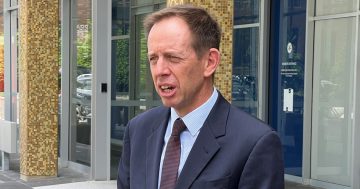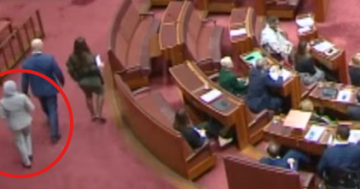For those salivating at the prospect of Labor putting Australia back on the road to socialist salvation, that may come at a price to local jobs.
Last week’s Canberra Times quoted a speech from Lindsay Tanner at the National Press Club, noting Labor’s plan to reduce the size of the public sector.
Smaller governments generally deliver better economic outcomes – with lower taxation leaving more money for the private sector to save and invest. If anything, this might be the only sensible policy that we hear from Labor.
The Canberra Times article also notes that Labor has the NCA in its sights – make that sensible policy No.2.





















